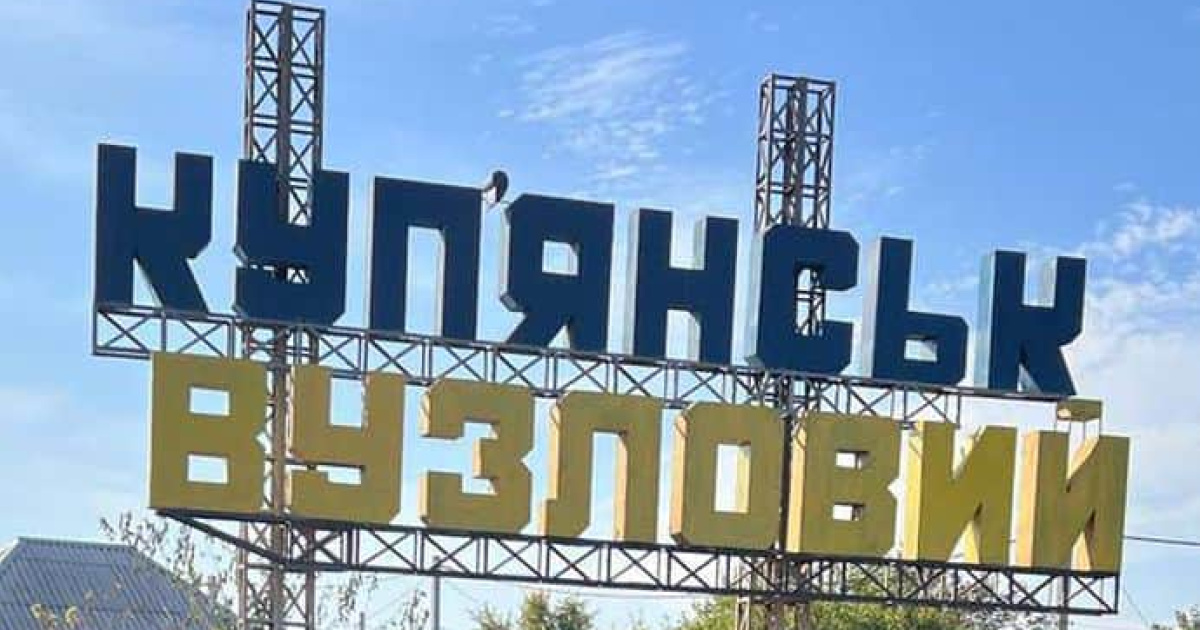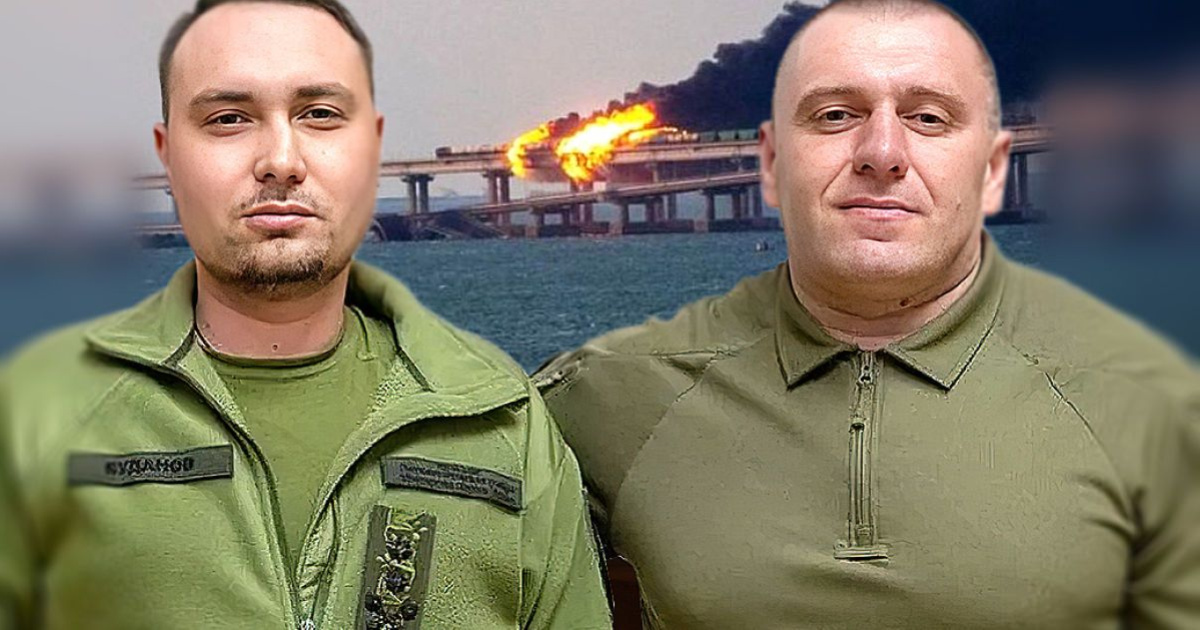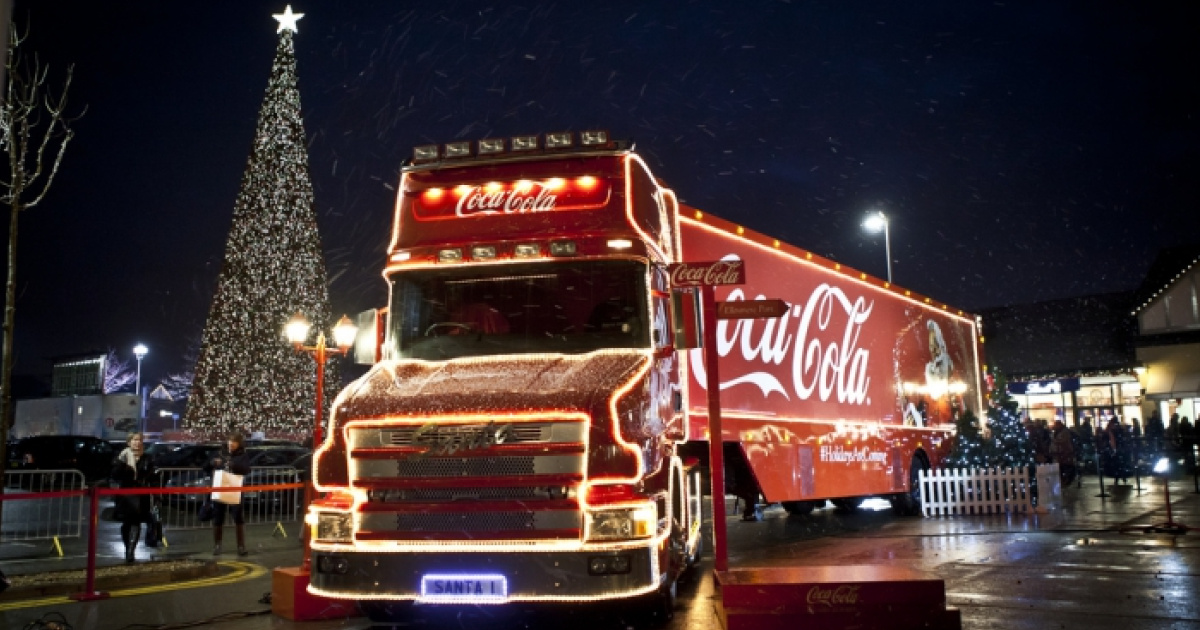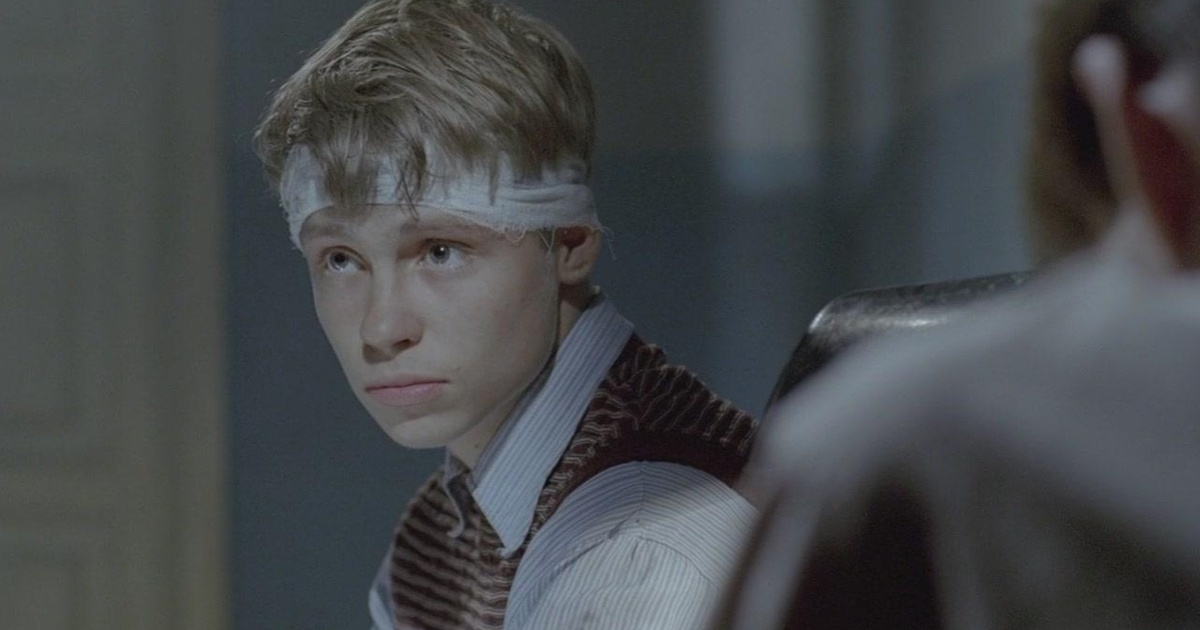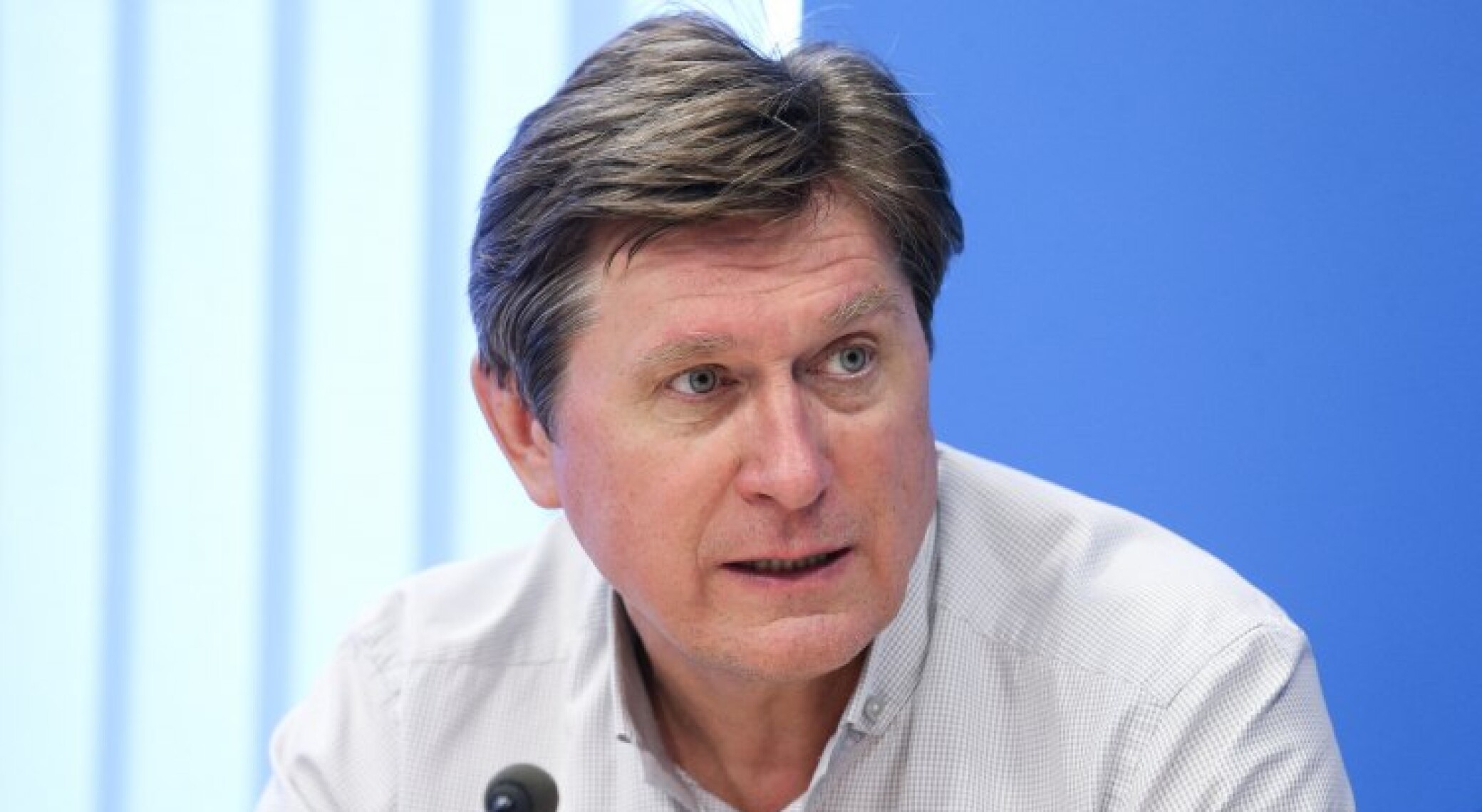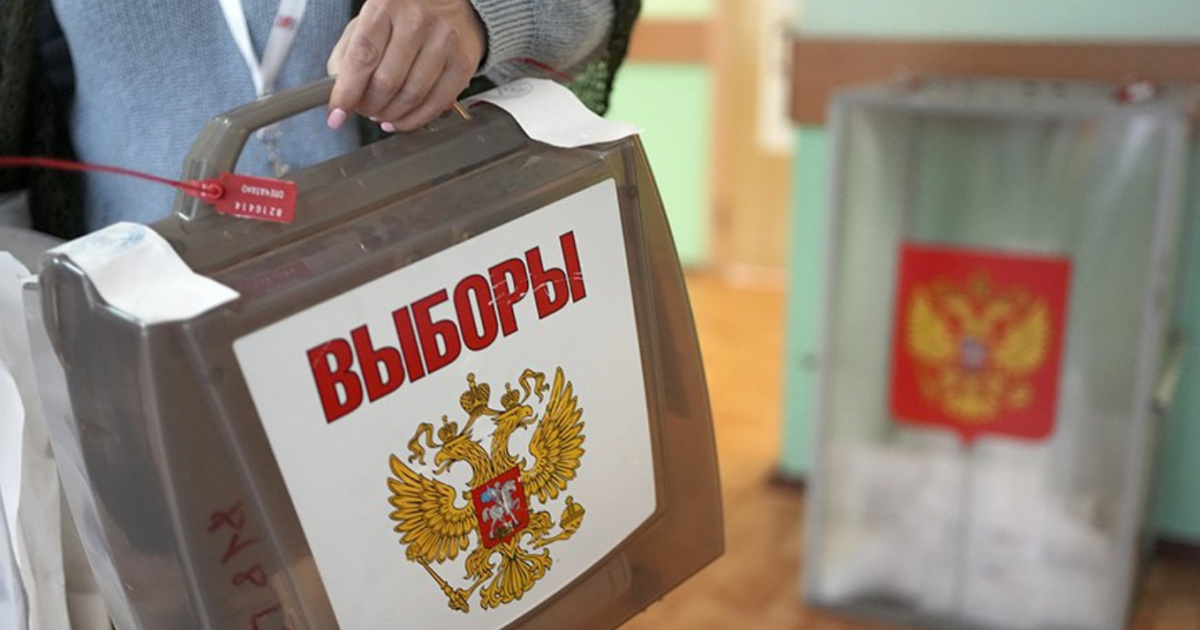
In September 2025, russia held the so-called Single Voting Day (SVD-2025). In the occupied Sevastopol, a three-day vote was held for the "governor" and deputies of two municipalities (Gagarinsky and Leninsky municipal districts). The acting head of the city, Mikhail Razvozhaev, supported by the kremlin, again won by a large margin, and representatives of four parties entered the city "legislative assembly": "United Russia" will be represented by 20 deputies, the "New People" party received two mandates, LDPR and CPRF – one mandate each.
The head of the city "election commission", Nina Faustova, described the campaign as "magnificent elections" — supposedly without violations and with "exemplary" organization. Even brief reports of incidents (pseudo-minings, alerts, and fake channels on social media) were presented as neutralized threats.
Ukraine officially declared that these "elections" on the occupied territory are illegal.
Overall, the Single Voting Day in russia in 2025 became a demonstration that citizens have almost no influence left. Even those "United Russia" candidates who were considered weak obtained the necessary results with a wide margin. The "United Russia" party strengthened control over regional parliaments. To create the desired "image", a few "participants of the so-called special military operation" were formally included, but there was no real competition.
Elections in Sevastopol
Formally, the campaign in Sevastopol took place under the banner of "high turnout" and "stability". However, even official media admitted a tense atmosphere: alerts, regular reports of air defense drills, and information attacks on social media — all this created not a background of festive democracy, but rather a mode of mobilization discipline.
Five candidates were admitted to the governor’s race in Sevastopol: the incumbent governor Mikhail Razvozhaev from "United Russia", Ilya Zhuravlyov from LDPR, Gennady Kushnir from CPRF, Sergey Kruglov from the party "A Just Russia – Patriots – For Truth", and businesswoman Irina Salina from "New People". Kruglov heads a charitable organization, Kushnir is a sea captain, Zhuravlyov is a deputy of local councils, Salina runs an auditing firm, and Razvozhaev is a man of the kremlin, appointed acting governor back in 2019.
Elections in Sevastopol formally took place on September 12–14, with early voting having begun as early as September 3. This meant that some ballots were stored at polling stations for more than a week, expanding the field for manipulation.
According to "local authorities", 127.7 thousand voters (37.2% of registered voters) voted early, while the total number of voters in the region is about 342.8 thousand.
All 187 polling stations were equipped with automatic scanning devices, and a remote electronic voting system was in place. In addition, voters could vote "extraterritorially" — in another region or in combat zones.
After counting 100% of the protocols, the "city election commission" reported that the acting "governor" Mikhail Razvozhaev won by a large margin (81.72%). His nearest competitor, Ilya Zhuravlyov from CPRF, managed only 5.75%, while all others scored around three percent. Turnout was 66.96%.
For comparison: in 2020, Razvozhaev won with a slightly higher result — 85.72% of the votes, but turnout was lower — 48.28%. The high turnout this year is explained by both political and security factors: the mobilization narrative of the war and organizational tools (early voting, extraterritorial polling stations, remote electronic voting).
Simultaneously with the "governor" elections, elections for "district council deputies" were held in Leninsky and Gagarinsky districts. Almost all mandates went to candidates from "United Russia" (20 out of 24). For example, in the first district of the Gagarinsky council, candidates from the authorities received between 12,300 and 14,500 votes, while representatives of "A Just Russia" received about 2,900. Other opposition parties were barely represented, with many denied registration (for example, the "New People" party).
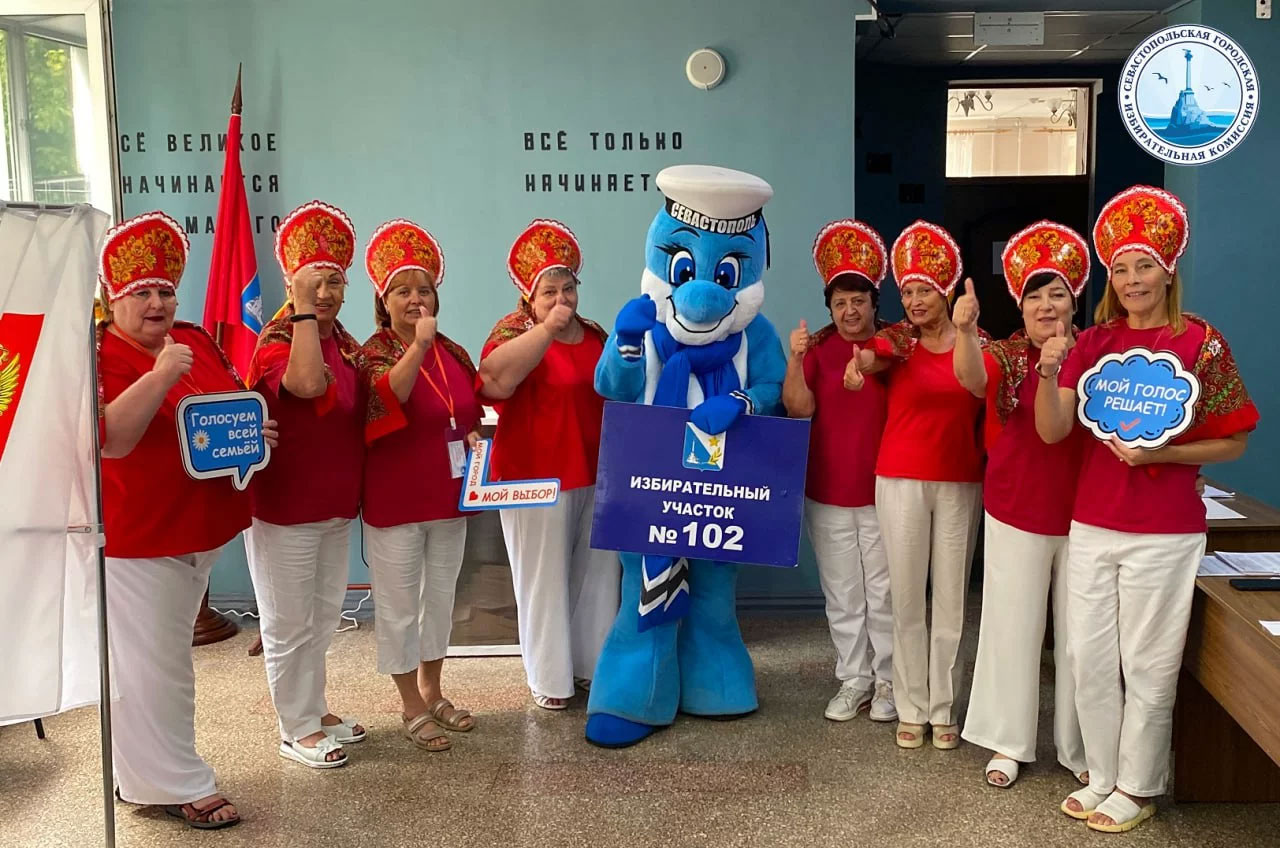
"The city is dirty, roads are dug up, transport runs irregularly, there are constant problems with shelters and alarms, which sometimes work and sometimes don’t, and the authorities keep saying that everything is fine. People worry that after the elections nothing will change: shelters won’t be repaired, trash won’t be removed, transport won’t improve. But there wasn’t really a campaign; on TV they just showed a clip of vladimir putin blessing Razvozhaev for a new term, and that’s it. I’ll tell you honestly: nobody really likes the acting governor, he’s nothing special, but we don’t have anyone else here. Everything relies solely on putin supporting him", - a pensioner from Sevastopol, Raisa E., told OstroV.
According to another city resident, the entire pre-election campaign was built on support for the special military operation, "unity in difficult times", and promises of benefits for veterans.
The Center for Countering Disinformation (CCD) under the National Security and Defense Council of Ukraine stated on Telegram:
"Russia claims a 'record turnout' in the pseudo-elections in occupied Sevastopol. According to gauleiter Mikhail Razvozhaev, almost 67% of voters came to the polling stations, and he himself 'won' with more than 81% of the votes. In reality, as representatives of the resistance movement on the temporarily occupied territory 'Yellow Ribbon' report, people massively boycotted the voting, and the polling stations were almost empty".
The CCD noted that russia uses such staged events to create the illusion of "democratic processes" on the occupied peninsula.
"So it is obvious that the sky-high support figures for the kremlin gauleiter Razvozhaev are simply fabricated. Even counting russians who resettled in Crimea during the occupation, the kremlin cannot ensure real support for its appointees", - the statement emphasized.
The Ministry of Foreign Affairs of Ukraine called the elections "fake" and stressed that any created bodies have no legal force.
"We emphasize that the organization by russia of the so-called 'elections' in the temporarily occupied territory of Ukraine is illegal, and their results are null and void. No persons allegedly 'elected' as a result of this farce will have any legal grounds to perform official duties", - the ministry said.
The ministry stressed that any bodies, their officials, and employees in the temporarily occupied territory, as well as all their activities, are considered illegal if they are created, elected, or appointed in a manner not provided for by Ukrainian law.
Single Voting Day in russia: the situation across the country
Apart from Sevastopol, SVD-2025 included governor elections in 20 regions and elections to 11 regional parliaments. In all governor races, the acting or temporarily assigned heads won — no region elected an "oppositionist".
According to russian media, the highest results were received by Rustam Minnikhanov in Tatarstan (88.21%), acting governor of Kursk Alexander Khinshtein (86.92%), Alexander Drozdenko in the Leningrad oblast (84.21%), and others. The lowest scores were received by Sverdlovsk governor Denis Pasler with 61.4%, Irkutsk — Igor Kobzev (60.81%), but here the "opposition" showed a decent result (communist Sergey Levchenko scored 22.65% — the best second-place result in the country). In the Kamchatka Krai, the incumbent governor Vladimir Solodov received 62.97%, significantly worsening his 2020 result (80.51%).
Russian political analysts noted that in many regions, second place was taken by CPRF candidates (in 14 regions), in six — LDPR, and in one — "A Just Russia". However, their results did not exceed 22%. For example, in the Perm Krai, communist Elena Karpukhina scored 13.53% of the votes; in the Krasnodar Krai, the CPRF candidate received 9.3%; in the Belgorod oblast — 14%. This indicates the absence of a mass alternative.
Simultaneously, elections were held for the parliaments of 11 regions. "United Russia" took first place everywhere and increased its percentage of votes. Russian media compared these results with 2020: in the Komi Republic, the ruling party increased support from 28.61% to 44.5%; in the Voronezh oblast — from 66.94% to 75.83%; in the Chelyabinsk oblast — from 42.58% to 54.48%; in the Novosibirsk oblast — from 38.14% to 45.49%; in the Kaluga oblast =— from 40.26% to 52.92%; and in the Ryazan oblast — from 38.33% to 50.27%.
In some parliaments, the authorities for the first time opened quotas for participants of the war against Ukraine, creating a new layer of loyal deputies.
According to the secretary of the general council of "United Russia", Vladimir Yakushev, following the results of the Single Voting Day, 707 out of 934 seats in city councils were won by representatives of his party. In 2020, they held 568 out of 808 mandates. The overall share of votes increased to 75.75%; the party consolidated positions in cities where it previously had problems (Tomsk, Tambov), although it lost the mayoral post in Cheremnogorsk (Khakassia), where a CPRF candidate won.
A total of 1,616 participants of the so-called "special military operation" were nominated for the elections, of which, according to Yakushev, 837 candidates won. Only "United Russia" nominated 951 "SMO" participants. It should be noted that in 2024, only 312 military personnel won. Such a "military" landing allows the kremlin to create the image of "popular representation".
The average turnout in governor elections according to official data was 37.12% on the first day, rising to 51–60% by the end of voting. The highest figures were in the Jewish Autonomous Oblast, Sevastopol, and Krasnodar Krai, while the lowest were in the Irkutsk (21.93%), the Arkhangelsk (26.33%) oblasts, and the Komi Republic (27.45%).
Early voting and remote electronic voting (REV) played an important role, stretching the process over two weeks. This complicates oversight, gives officials time to "adjust" the necessary figures, and increase turnout by transporting dependent voters (soldiers, public sector workers).
Numerous facts indicate that SVD-2025 in Sevastopol and other regions resembled a plebiscite rather than real elections. Candidate nominations occurred with the consent of the kremlin; strong opposition figures were eliminated at the signature collection stage or not registered at all. In Sevastopol, this was manifested in the fact that no candidate had their own media campaign, and their programs were barely discussed.
Context of the war
Voting took place against the backdrop of the war against Ukraine. In Sevastopol polling stations, "frontline stands" were opened, donations were collected, and concerts were held. The ruling party actively included "SMO" veterans in the voter lists, creating a precedent for forming a new administrative elite — people whose legitimacy is based on military experience. This could strengthen militaristic policies and local government dependence on military structures.
Russian media calculated that former military personnel entered at least nine regional legislative assemblies, that is, almost half of the 23 subjects where elections and by-elections to these authorities were held. At the same time, in the Chelyabinsk oblast parliament, there could be as many as six "SMO" participants, or 10% of the total number of deputies.
Given the context of the war, during voting in Sevastopol, special attention was paid to security. Some polling stations were located in shelters or basements, which did not always meet modern protection standards. In addition, patrols were active in the city, and checkpoints were set up at entrances to the polling stations.
"We go to vote, but the shelter near the polling station is just closed and piled with garbage. Where are we supposed to hide if shelling starts?" — asks a resident of the Leninsky district on social media.
"Buses hardly run, roads are blocked — it took me an hour and a half to get to the polling station. But not everyone can afford such a trip, especially elderly people. What kind of turnout are we talking about?" — complains a pensioner from the Gagarinsky district in the same thread.
"During the three-day voting, the siren sounded several times, we heard explosions, but no one even thought of postponing the voting. The authorities only asked everyone not to worry and to return to the booths", — recounts a young mother on social media.
"When the last shelling happened, we couldn’t find an open bomb shelter. Some say the military is behind everything, others — that it’s the administrators. But nobody seems to care. For them, the main thing is to show the picture", — summarizes an entrepreneur from the Balaklavsky district.
The 2025 electoral cycle showed that the kremlin dominates all regions. The monopoly of "United Russia" remained unchanged; even if the party formally did not receive 80% of the votes, it still controls parliamentary majorities.
For russia as a whole, SVD-2025 confirmed the trend of monopolizing the political space. No governor was replaced, and "United Russia" only strengthened parliamentary positions; war veterans became a new tool of legitimation. Domestic speakers openly called SVD-2025 a "training" for next year’s State Duma elections. Preparation for the 2026 parliamentary elections involves increasing the number of "controlled deputies" and raising the share of votes at the local level.
By Andriy Andrieyev, OstroV

